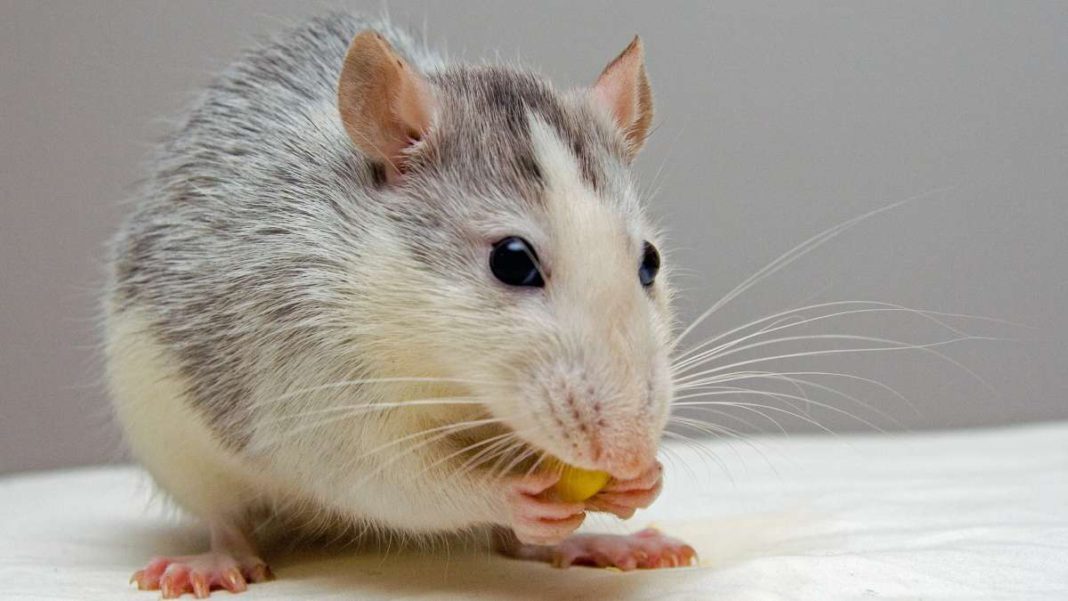JAPAN: Japanese scientists, in collaboration with the Japan Aerospace Space Agency (JAXA), have achieved a major milestone. They have successfully grown mouse embryos on the International Space Station (ISS). Professor Teruhiko Wakayama from the University of Yamanashi’s Advanced Biotechnology Centre led the team that conducted this innovative study.
The journey towards this remarkable achievement began in August 2021, when a rocket was launched to carry frozen mouse embryos to the ISS as part of this pioneering research. Once safely in orbit, astronauts utilized a specialized device to thaw these early-stage embryos, which were subsequently cultivated in the microgravity environment of the space station for four days.
The results of this experiment have been nothing short of astonishing. The mouse embryos developed normally in the microgravity conditions of space. They progressed into blastocysts, the precursor cells responsible for forming the fetus and placenta. Perhaps most notably, gravity had no significant impact on their development.
Furthermore, an in-depth analysis of the blastocysts retrieved from the ISS demonstrated no significant alterations in DNA or gene conditions. This crucial finding suggests that the microgravity environment did not adversely affect the genetic stability of the embryos.
The University of Yamanashi and the National Research Institute Riken have jointly declared this study “the first-ever study that shows mammals may be able to thrive in space.” This pioneering research signifies “the world’s first experiment that cultured early-stage mammalian embryos under the complete microgravity of the ISS.”
The next phase of this research aims to transplant these embryos into mice to determine if normal births can occur in space. The success of this endeavor holds immense significance for future space exploration and colonization plans, as it helps us comprehend the challenges and possibilities of reproduction beyond Earth.
This achievement also aligns with NASA’s ambitious Artemis program, which seeks to return humans to the Moon as a stepping stone for eventual missions to Mars. Understanding reproduction in space is an essential component of preparing for long-duration human space travel and realizing our dreams of colonizing other celestial bodies.
Also Read: NASA to Develop a Nuclear-Powered Lander for Titan



